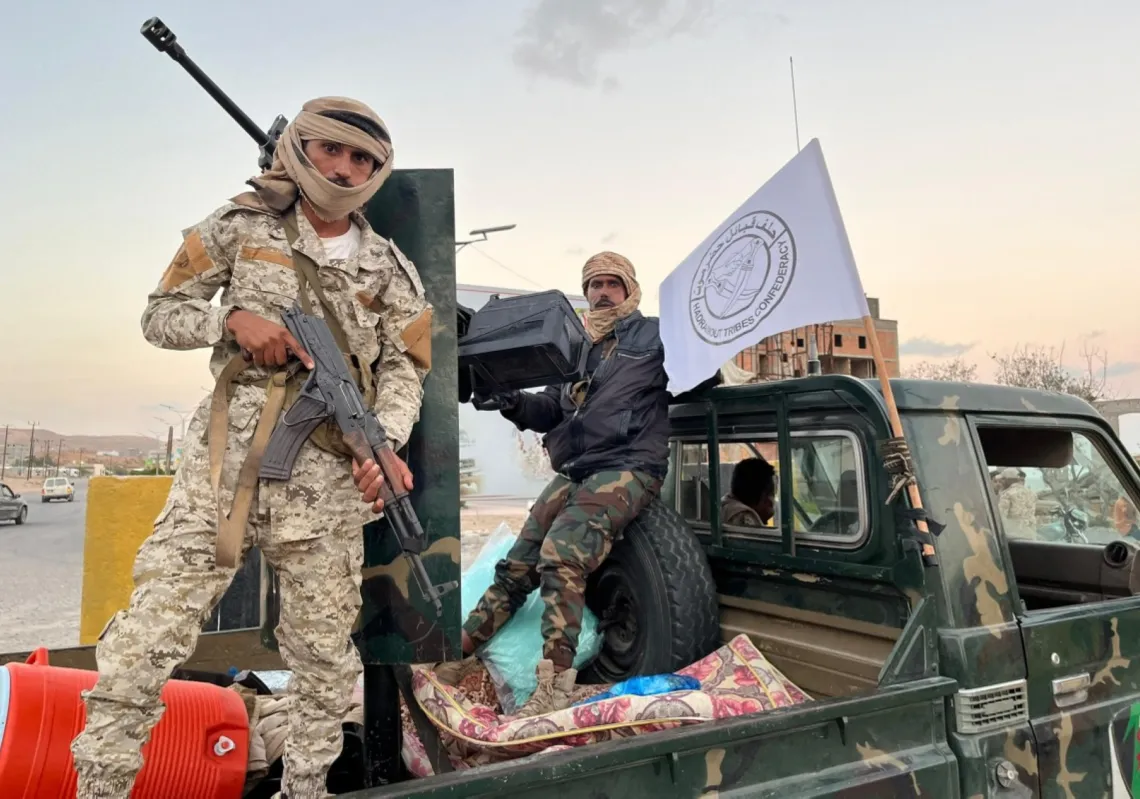Through the years the socialization process has evolved greatly and in the information age it has a new "face". The popular social network Facebook is not merely a website it has become a phenomenon. Truly "Facebook" has revolutionized the socialization process all over the world and it has changed the way we interact forever.
Facebook is a social network that is meant to connect people with friends and others who may work or study together, live in the same area or even just random people. Through Facebook anyone can upload an unlimited number of photos, share links and videos, and learn more about the people they know. One more reason for its popularity is that it is easy to use.
It all started when Mark Zuckerberg launched The Facebook which was at the time exclusively for Harvard students. It was a huge hit in 2 weeks; half of the schools in the Boston area began demanding a Facebook network. Zuckerberg immediately recruited his friends to help build Facebook.
Nowadays Facebook has become the most popular social network, making Zuckerberg a billionaire, with 200 million active users worldwide and availability in 40 different languages. It has become one of the fastest-growing and best-known sites on the Internet today.
Just like the rest of the world, Arabs got hit by the Facebook wave. Facebook is now available in Arabic and there are 900 thousand members in Egypt, 250,000 in Saudi Arabia and 300,000 in Lebanon among other Arab countries.
"The first thing I do when I get home is that I check Facebook " said May. "Facebook is very diverse; from gossip and recipes to hard core political discussions whatever you want you will find there" she couldn’t be more true.
A social network that caters to around 200 million members all over the world has to be diversified. Facebook is not just used to keep up with your friends anymore, it has become more than that. It is used as a public relations tool for celebrities and politicians. Through creating groups and fan pages you can promote anything from a new ice cream store to an ideology. One of the smart moves that Barack Obama made in his campaign was that he used Facebook to influence youth.
It is evident that the social network is no longer strictly social; it can be used as a political instrument. In the Arab world where politics is considered a taboo there are political discussion groups, such as those concerned with Lebanese politics. A more prominent example is the 6 of April strike that was organized in Egypt through Facebook.
But to the Arab youth it is not mainly about politics." I have Facebook to keep in touch with the people I know. Curiosity urges you to know what's happening in other people's lives and it helps kill the time when you are bored" says Amr.
Sarah says it helps with her cultural awareness "It helps me keep culturally updated with all the new events taking place".
For others, the great thing about Facebook is getting back in contact with old friends "The best thing was that when I first had my Facebook account I was able to find my old friends" says Dina.
On the other hand Khaled has a very interesting point of view "We have become too busy to maintain a social life; Facebook is just convenient. It is not just about knowing how people are doing either, it is mainly about showing everyone what a wonderful life you are living." he says.
Facebook has raised many controversies along with its ongoing popularity. Privacy as well as security issues have been discussed in several forums. It has been banned from some workplaces because it is believed that it wastes time. Not just that, it has been banned from some countries such as Syria for security reasons; Facebook is banned in Iran as well.
There are people who do not like Facebook and wouldn't want to be members." I don't want to be too exposed; I don't want everyone knowing everything about my life and if I want to know something about someone I really care about, I will pick up the phone and call them." says Noha.
Does Facebook really help you connect and share with people in your life? Is it really something that has brought us closer? What about the privacy and security issues? Is it worth jeopardizing them? You will have to make up your own mind about the answers to those questions.








